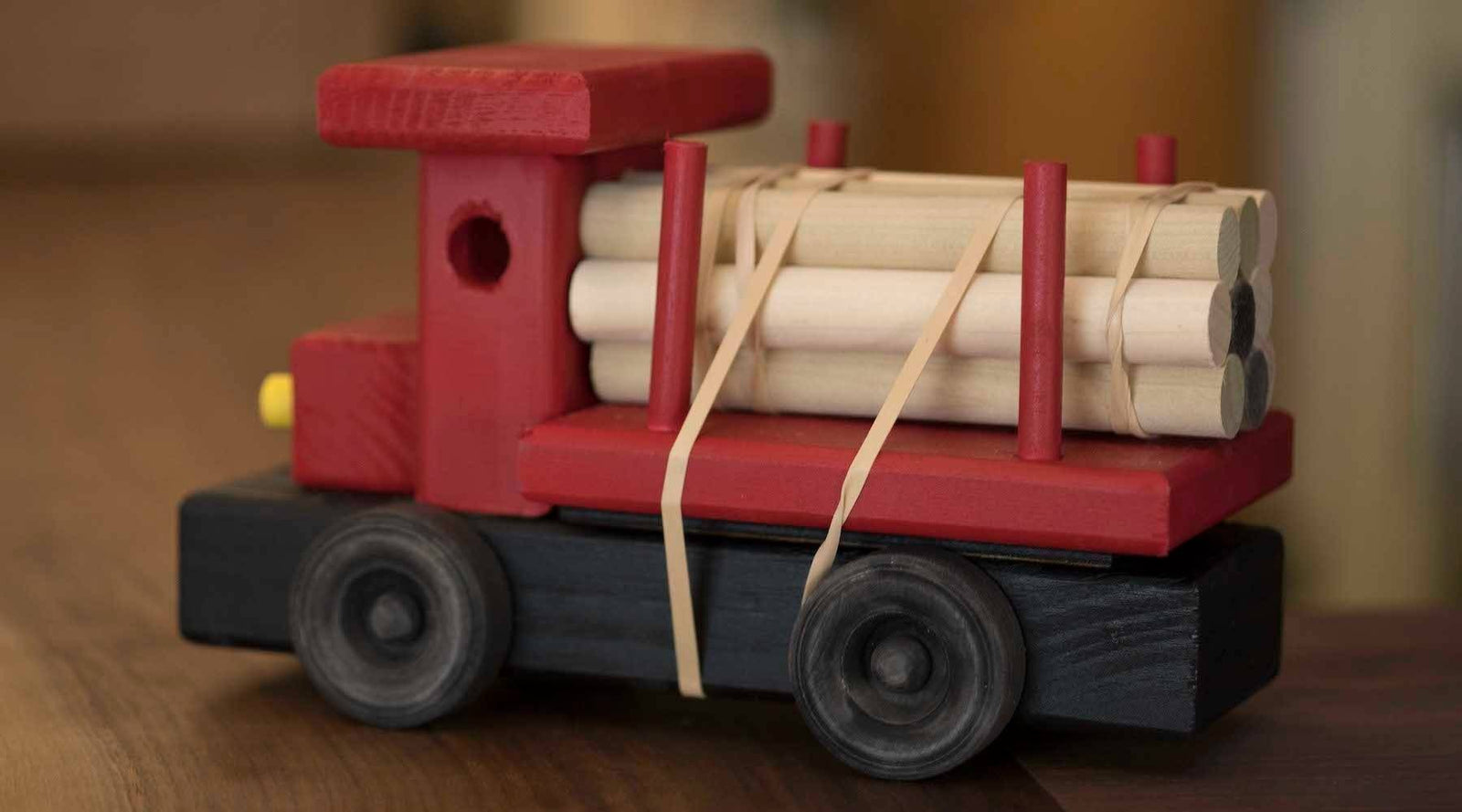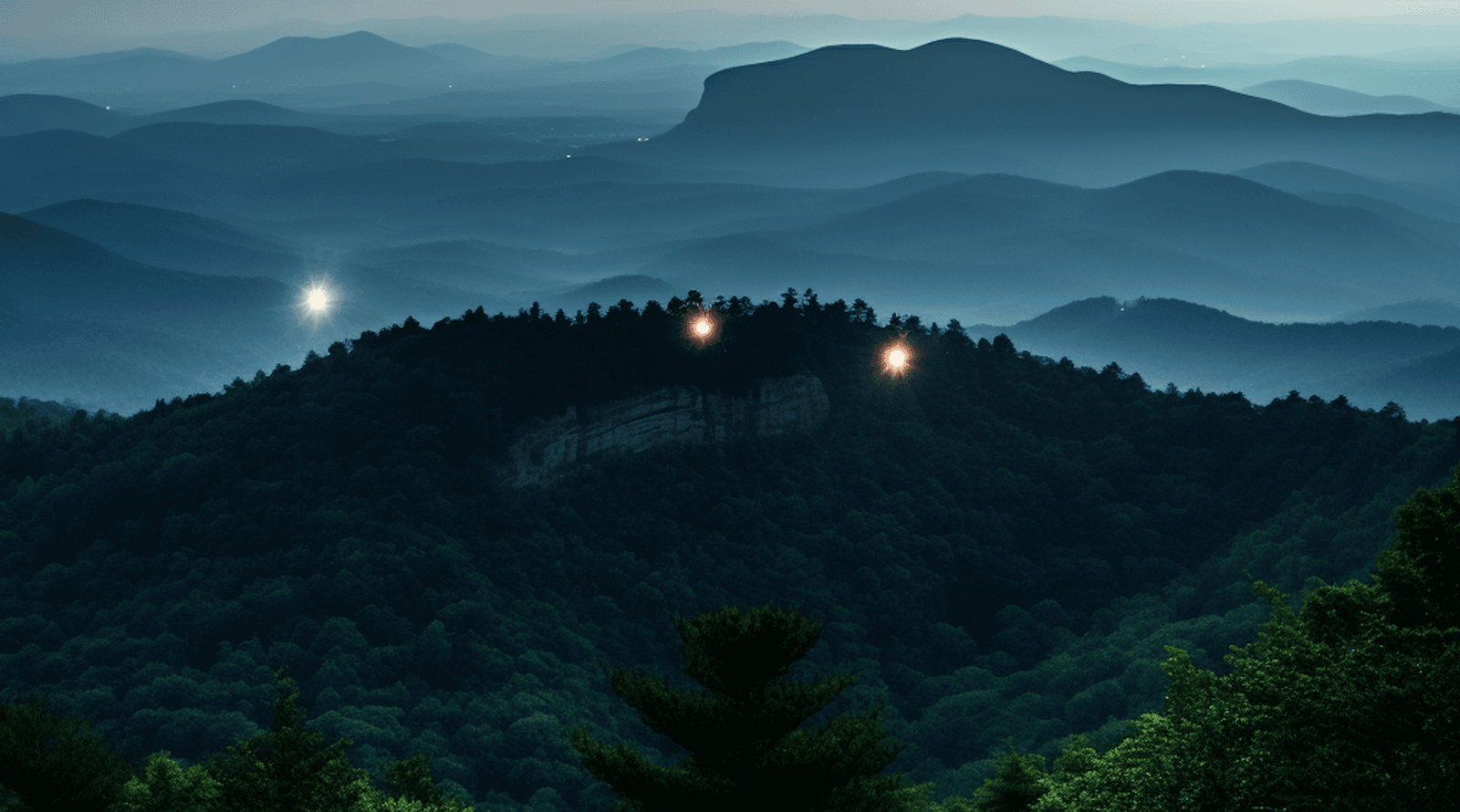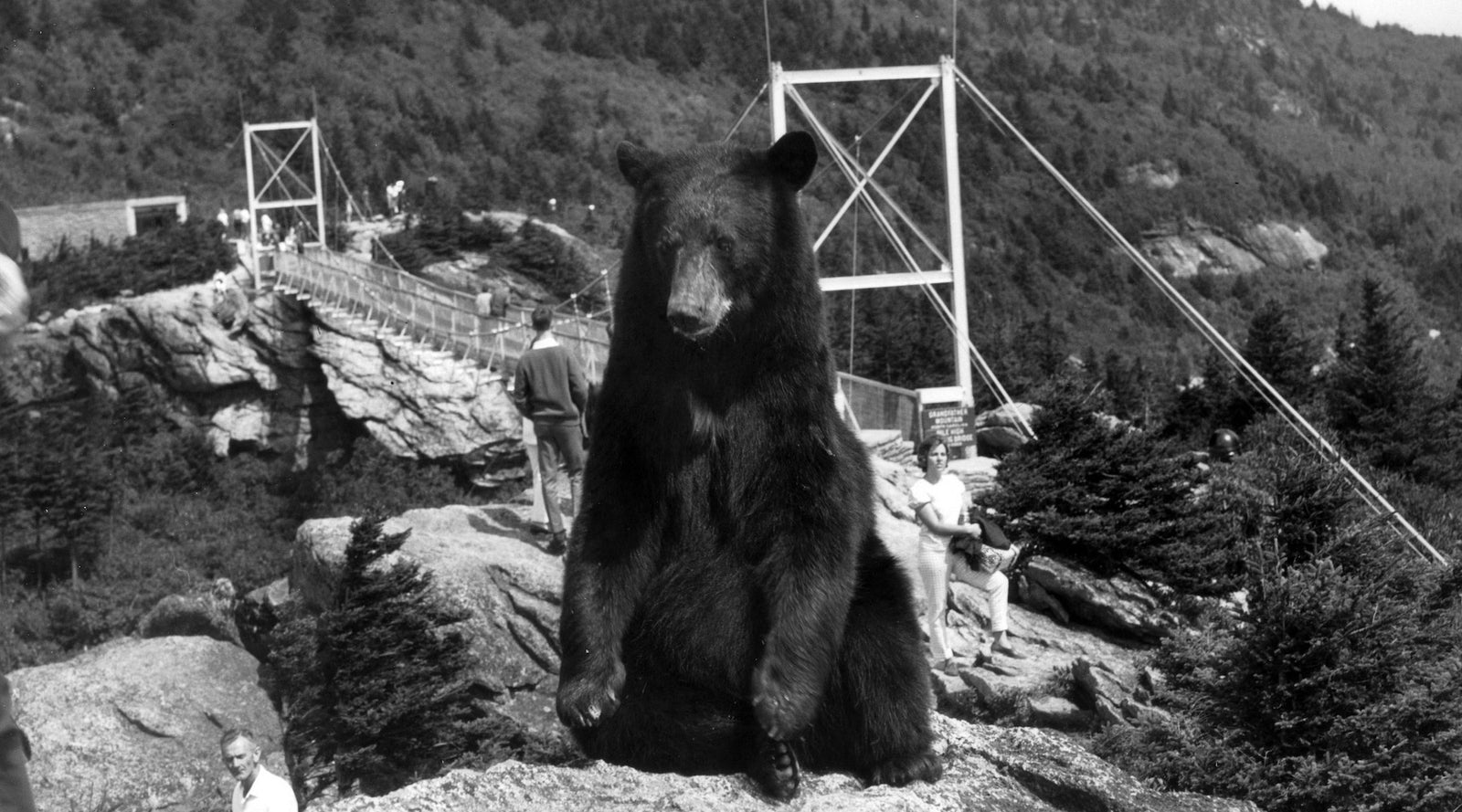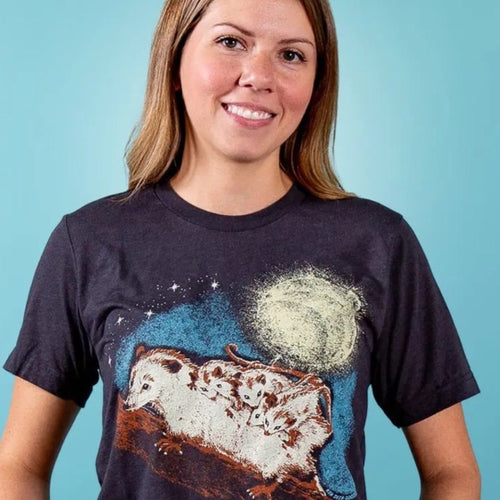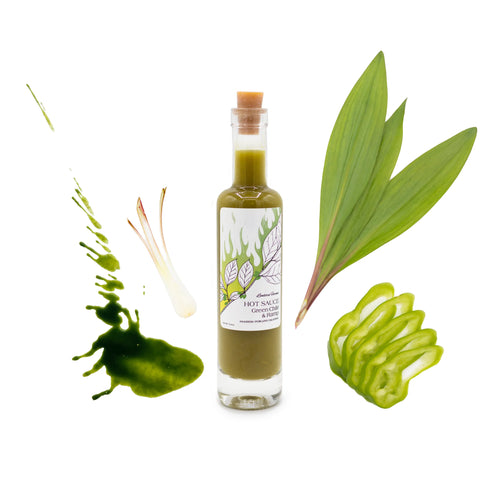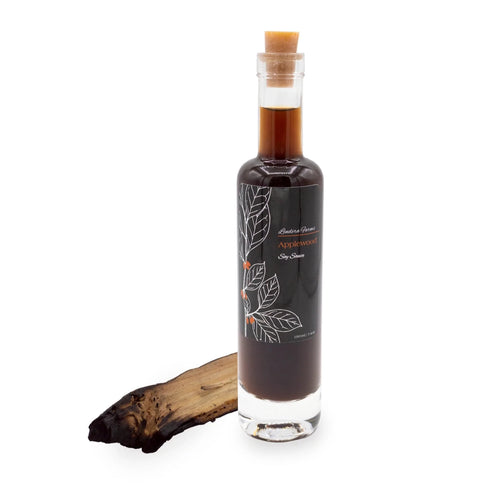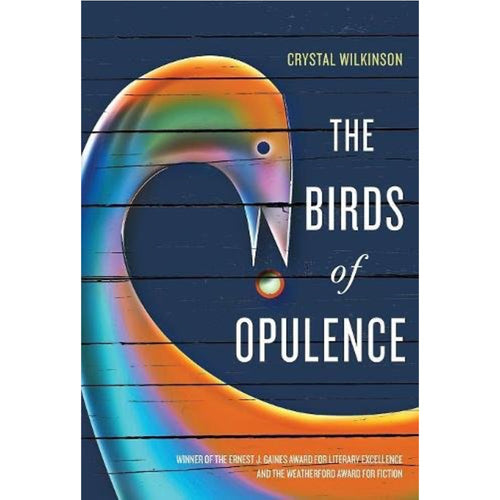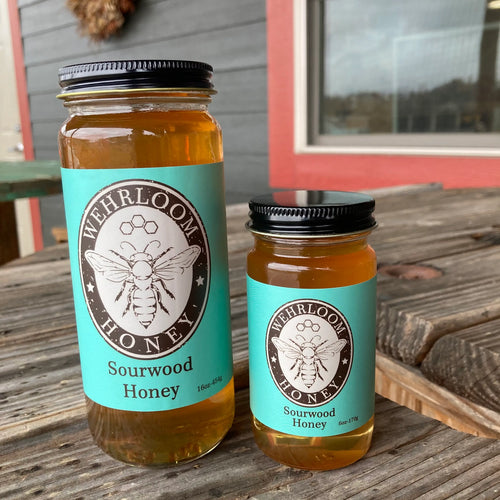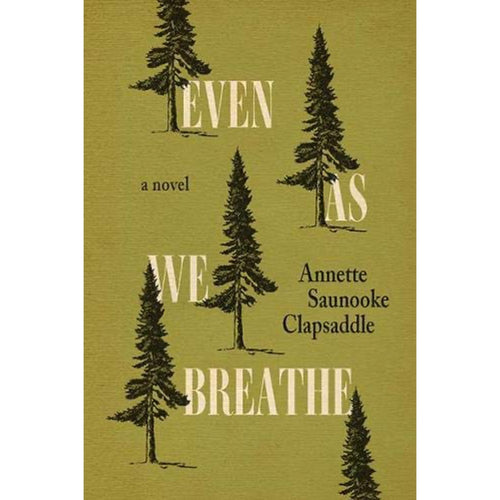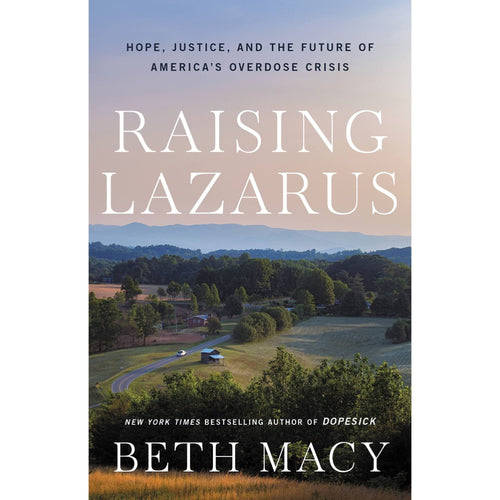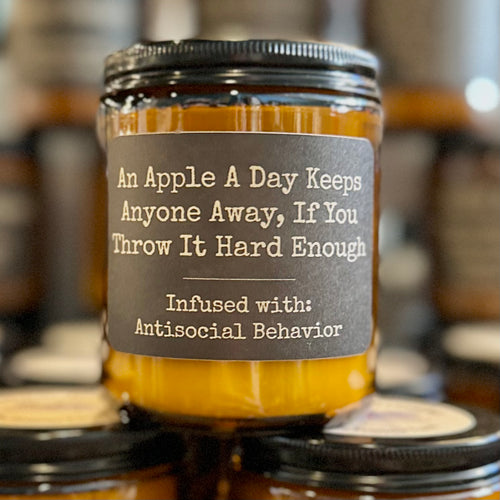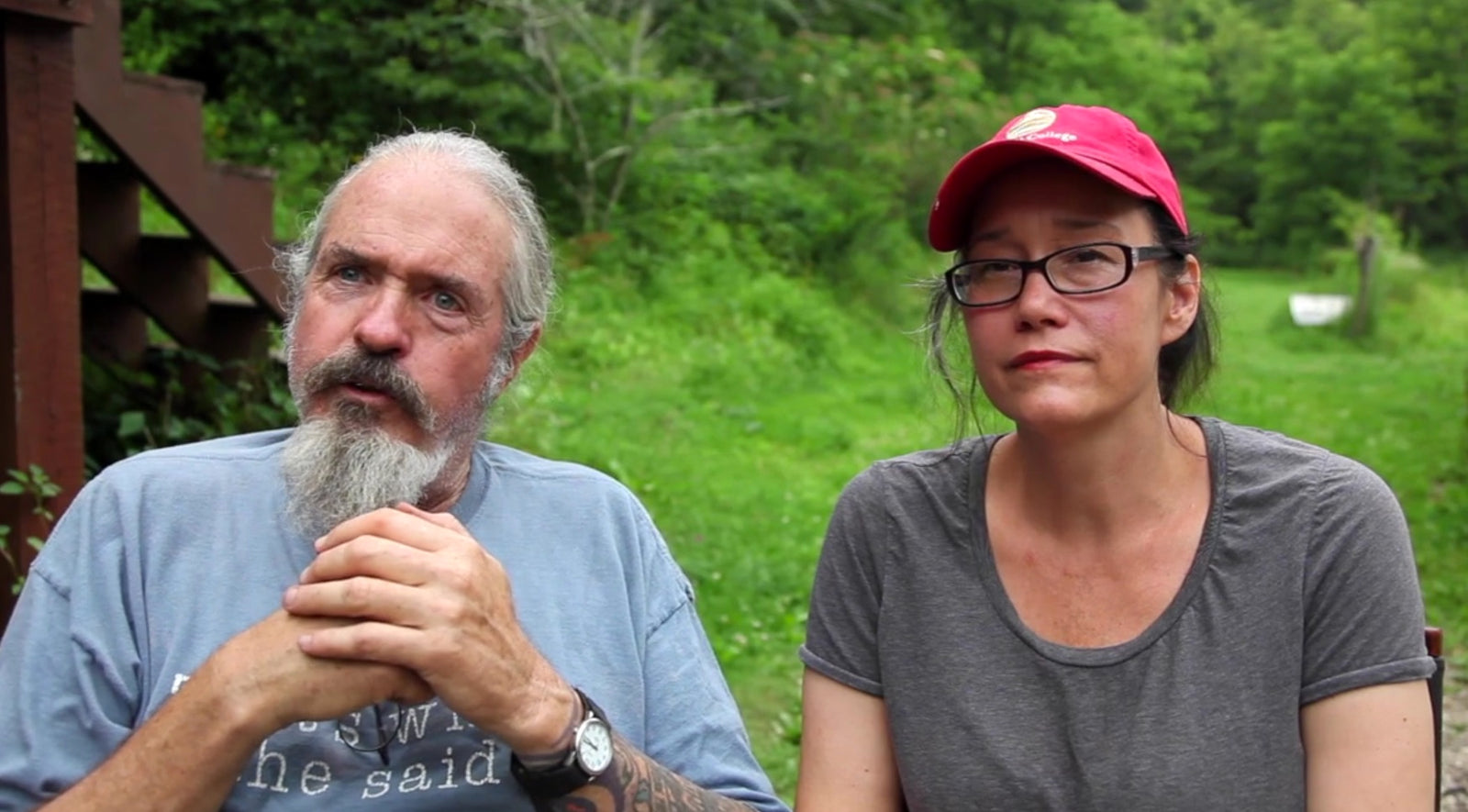
Sure, gas produces less carbon pollution than coal, but it's still a dirty business. Just ask John and Annie Seay, subjects of the forthcoming documentary In The Hills and Hollows, which will explore the impact of fracking operations on West Virginia communities.
The Seay's fell in love with an old farm house in Lima, West Virginia and moved there many years ago. Now their property is surrounded by seven hydraulic fracturing pads, some as close as 1,500 feet from their front door.
 "We checked this place out. It had really good water," says John, "but now, there's already eight incidents about two miles away of poison water."
"We checked this place out. It had really good water," says John, "but now, there's already eight incidents about two miles away of poison water."This is a common problem. A single fracking well uses millions of gallons of chemical laden water. After being shot deep into the ground to break up rock and access gas, this toxic slurry is often pooled in manmade ponds, which can leak into groundwater, harming wildlife and threatening human health as well. According to a 2011 peer reviewed study, chemicals used in fracking operations are linked to cancer, endocrine disruption, and neurological and immune system problems.
Believe it or not, poisoned water is just the start. The Seay's say that fracking has damaged their air quality too, filling their hollow with noxious fumes, and because these mines run as deep as a half mile, earthquakes have become common in many areas that rarely experienced them before.
"This makes me really angry all the time," John says, "The noise. The attitude of the truck drivers who try to run you off the road."
After years of worry and frustration, the Seay's have called it quits. In the below preview clip for the documentary, the two of them face their last days in their mountain home. Like many other locals, some of whom have lived in West Virginia for generations, the Seay's have decided to sell their prized farmhouse. Once they're gone, they figure the place will either be torn down or turned into a "man camp" for gas workers.
For Annie, this is nothing short of heartbreaking. "Those hills—they're home," she says, "I've tried to protect them. I've lost the battle."
While the documentary will focus on one state, this isn't just an issue in West Virginia. Across Appalachia, states either permit fracking or are considering it.
So what do you think? Is fracking a economic boon or a lost battle? Is there a way to frack while preserving our region's hills and hollows, or does the practice need to be banned outright?
Please leave a comment below.
https://vimeo.com/106229667


